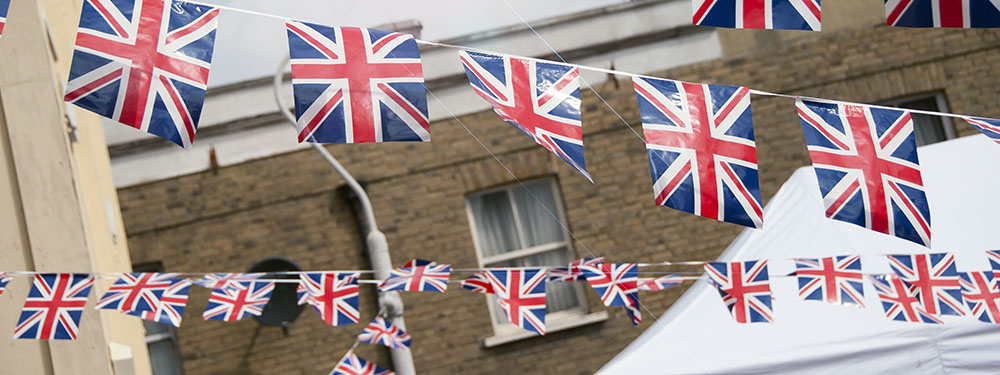
I was interested to read that the Conservative Party are planning to introduce national service if re-elected. John, my late husband, participated in the original scheme. He had completed his schooling and played a couple of important football matches before he had to report for service to the Bugbrooke Barracks in Warwickshire. He did not want to participate, particularly as volunteers were being sent to join the UN force fighting in the Korean War.
The first thing he noticed on arrival was the different sizes of the recruits – the Scots being smaller but determined fighters. He then noticed the difference in the education standards – some conscripts could not read or write, and he, a former grammar school student, helped them to write letters home and to read the replies.
The Lance Corporal and Sergeant were regular soldiers tasked with turning the conscripts from a disorderly mob to a fighting team. John said that they were bullies, who tried to intimidate the conscripts. He had six weeks to be ready to fight – six weeks to learn how to kill another man or be killed. John said that over the six weeks that they were all brutalised and he hated every minute. At the end of the six weeks, he was sent home on embarkation leave ready to go to Korea. He did not go, as he was asked to join the Joint Services School of Linguists (JSSL)
The following is John’s account of the time with JSSL.
Early in 1951 the platform at Bodmin Lines was crammed with soldiers and airmen. They had been drafted to Cornwall from almost every regiment and corps of the British Army. From Scots Guards to Service Corps. From Armoured Corps to Royal Engineers. Then the R.A.F. and R.A.F. Regiment. They were the first ever at the Joint Services School for Linguists. They had been screened, interviewed and selected to be trained as Russian linguists. Almost all were conscripts.
The Armed Services had all of us from eighteen years of age to choose from, so I suppose some of us were quite intelligent.
Koshevnikov was a favourite tutor. A White Russian who spoke numerous languages. He had been an interpreter at the Nuremburg Trials. His elderly mother lived in London, in Chalcott Gardens. She dressed and behaved somewhat like Queen Victoria. As a young girl she had played leapfrog over the dining salon chairs in the Winter Palace in St Peterburg, with the last Tsarina of Russia.
The training was intense – 8 hours a day, 5 days a week plus homework. The conscripts knew that they had to pass the weekly test or be returned to unit and on to Korea. They worked hard and played hard. They gained an interest in the literature and culture of Russia, as well as sampling the beer in local hostelries. Those in the army who passed all their examinations and tests left JSSL and joined the Intelligence Corps. Some went into Field Security, others to MI6 and MI8. We had all signed the Official Secrets Act and so said nothing about our service for fifty years.
John knew he was fortunate to have joined JSSL, but he always wondered what happened to those conscripts who went to Korea. His response when asked about national service was that the first six weeks were hell, but it was a case of “Kill or be killed.” The rest of the time was much better – learning a language and understanding the Russian culture plus making life-long friends.
Would he reintroduce national service? NO
Read Part II: National Service – A Personal Viewpoint
